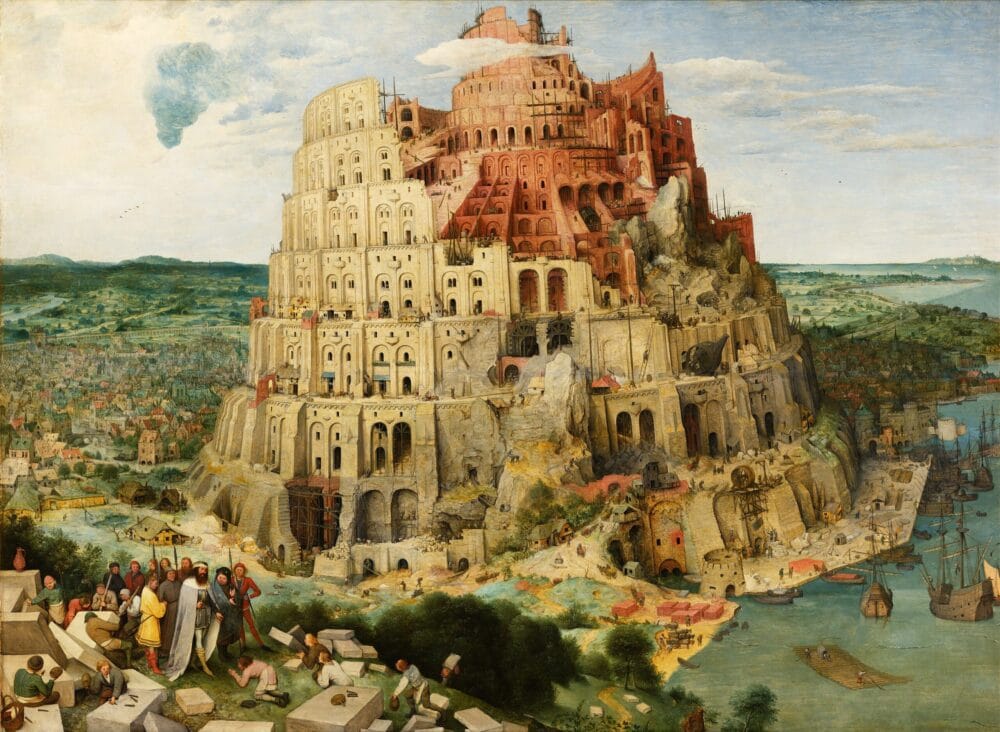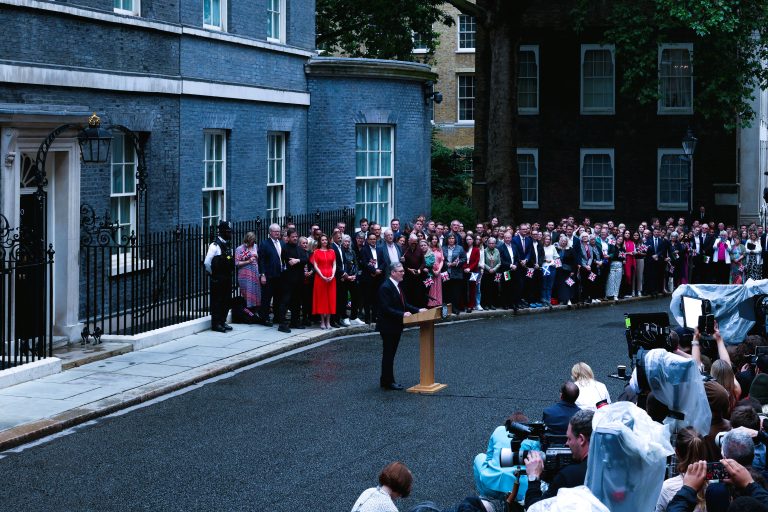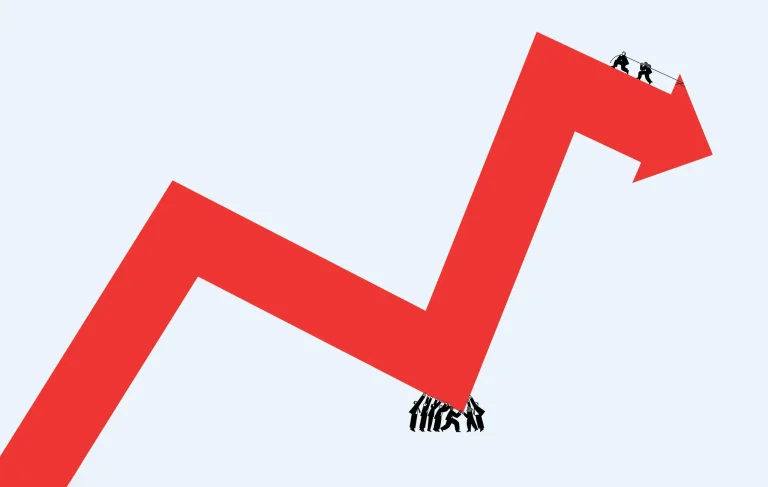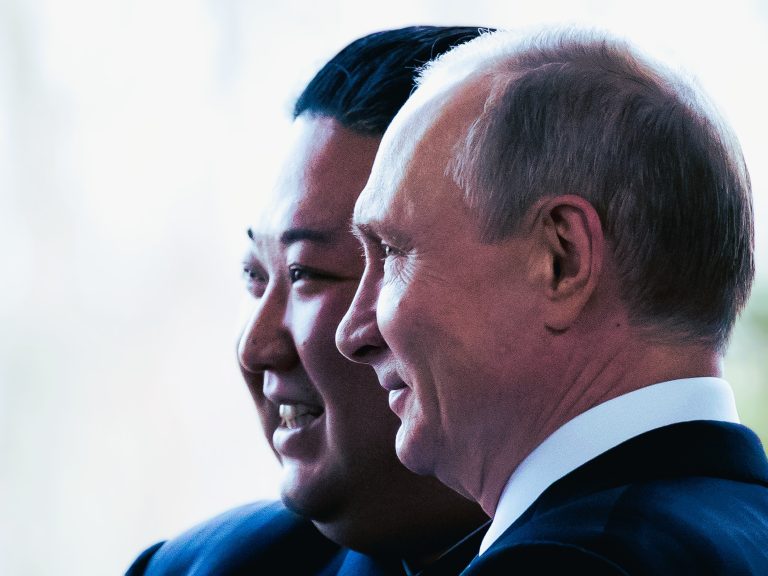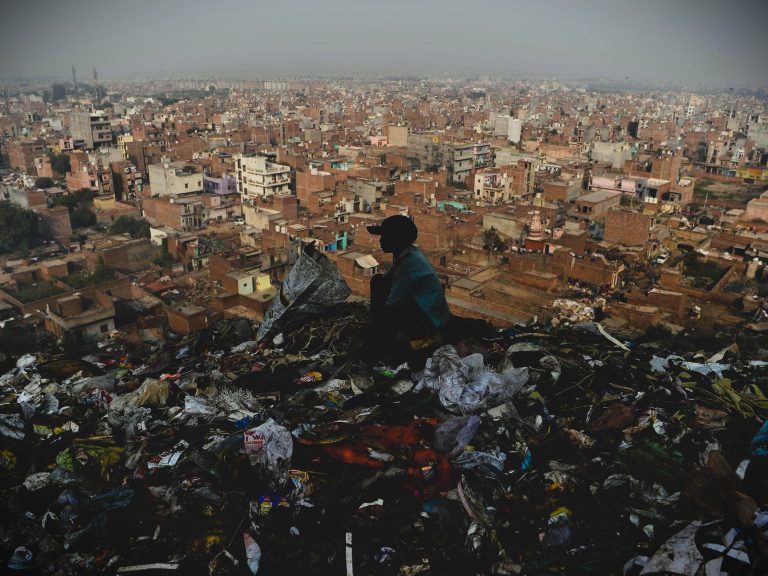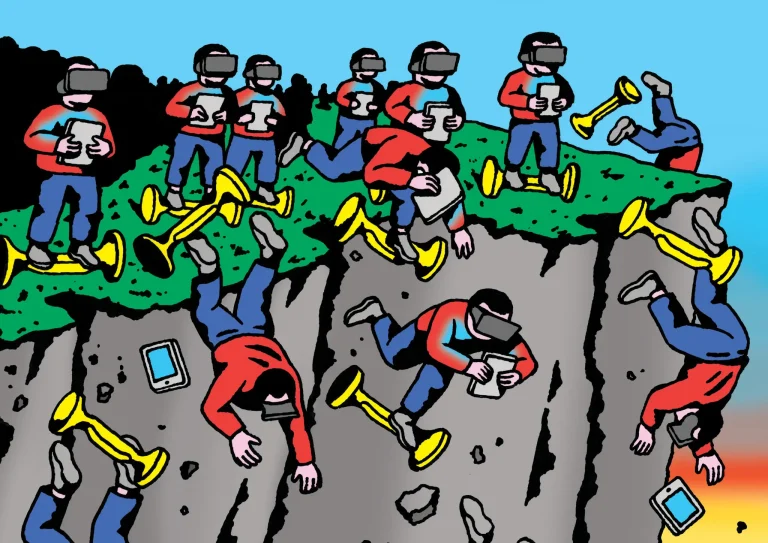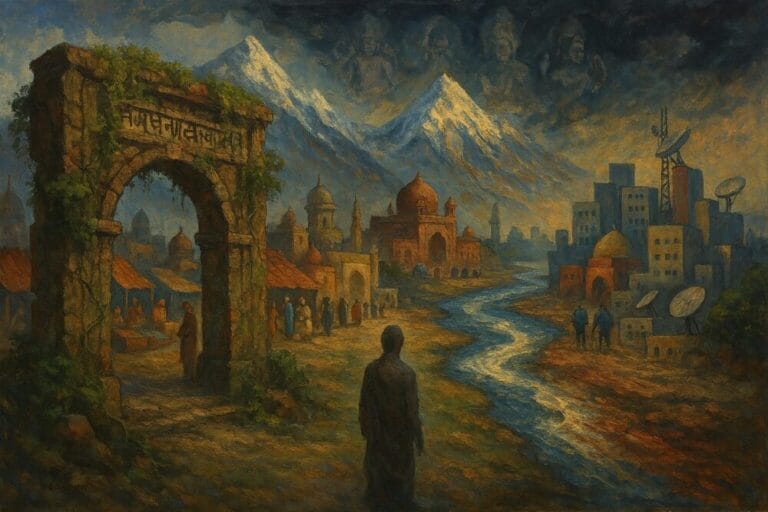Does it feel bewildering and petrifying to be living in a world where uncertainty is the axiom? Yes, such a sentiment is a given, except the hawkish tenor is in no sense whatsoever insular to you or me. Rather, it is due to a phenomenon that is taking place; metaphorically, I deem it a gargantuan shift in the tectonic plates. However, in other words, as echoed by many around the intelligentsia sphere, at this juncture, we are part and parcel of an inflection point. In essence, the world is immersing itself into a new epoch—its omnipresence is telling.
Anyhow, in the recent past, I have been extremely captivated by the upending that is taking place in the political process; in fact, its inception is not recent; rather, it got entrenched. Over an extended period of time, I have contemplated the way in which the ones in the higher echelons of these movements should be described; their immense degree to pivot easily on the basis of opportunism makes it a Herculean task, but nevertheless, in the treatise titled “Fear Itself, Once More”, I denoted them as “demagogues that vehemently detest the post-war global liberal order,” furthermore, their philosophical inclination as “anti-establishment, mystic, nihilist.”
Interestingly, in a recent article for the Atlantic, Mr. David Brooks pronounced them as “Vineyard Vines nihilists”. To understand simply, these individuals do not descend from among us (as they ostensibly proclaim), albeit they are a product of the same elite institution, as they claim is captured by the “cabal of liberal elites.” Peculiarly, their infuriation does not stem from them loathing elitist tendencies (just gauge upon their demeanor vis-à-vis their wealth, opulence, and the ornate properties they hoard); conversely, it is the marginalization they face whilst coming across these institutions. Therefore, this vividly denotes the reasoning behind the easy gravitation to “out of the blue political dictums”—opportunism, which is to say, due to their lack of a coherent moral fortitude.
That being said, without hunching at greater lengths pertaining to describing the leaders of these movements, after all, it is imperative to note that the force propelling them is the “people”; to purposefully generalize overtly, it is “us” who aggravate them. These ideas are in the tête-à-tête among the common folk; thus, they are not a fringe in any sense whatsoever, as many with optimism would like to think, as I had encapsulated in a treatise titled “The Bubble Bursts—The End of Illusion,” that in essence, “the establishment of the now-yesteryear regarded the mainstream as fringe, though the fringe was mainstream.” Therefore, due to the sentiments not being a “fringe,” the dictums of the politicians, which are those of, as mentioned previously, anti-establishment, mystic, and nihilist, largely personify the contemporary moral order, which, of course, does not have unanimous adherence yet is pervasive and omnipresent. Many politicians just serve as flagbearers, or, in other words, “they are interlocutors of the people.”
How and why would the moral order evolve in such a dramatic manner? Via my reading, suffice to say, it is a phenomenon that was in the making during the past decade. In normative scenarios, three institutions serve as the foundational tenets of curating one’s reality: one’s family, school, and acquaintances; the varying knowledge, or the way to speak; and all the other myriads of primitive ways of surviving are not innately inculcated in Homo sapiens; such a notion, not to say the least, at times is vociferously denounced due to not concurring with religious predilection.
Though, in the recent past, this has not been the case. To be exact, the inflection point is in the year 2010. Agreed by many is that a fourth pillar has been added as an influence that shapes an individual’s reality; literally speaking, “the outside world,” that is, at its core, impelling the withering away of an individual, transcending the peripheries of their compartmentalized community.
Broadly, the unknown world of the internet has an overarchingly greater potent influence than any could have imagined, especially with the introduction of social networks, networks that are not blogging sites but rather platforms that thrust on their users short-form algorithmically curated content on the basis of generic traits: age, gender, ethnic group, and geolocation.
For instance, as per some studies, on TikTok, just after a user opens a generic account, on the one hand, if it is an 18-year-old boy, he will be embellished with manosphere content in under two hours, while on the other hand, if it is a girl, during the same amount of time, she will be exposed to radical feminist content.
In a broad sense, is an individual who receives or builds upon their moral order through an algorithm under the guise of free will, or on the contrary? Is this the epitome of freedom of thought in the contemporary world?
The modern forms of technology are seemingly making a fictitious binary, tribal camps of “us versus them”. As a result, we are, in effect, bereft of a shared reality; ultimately, we are exposed to an artificial making of polar opposite realities that, alas, is not confined to upending our politics but also our modus vivendi. Echoing my previous writing—we ought to never succumb to being zealots and sycophants of value, idea, or norm; instead, we should have the drive to immerse ourselves in human experiences that augment empathy. In this case, never cling to value judgments that have been framed and spontaneously appear on the front of a cell phone. The axiom “The strong do what they can, and the weak suffer what they must” is not only abhorrent, but such hubris also leads to a catharsis that is detrimental to the common good.
